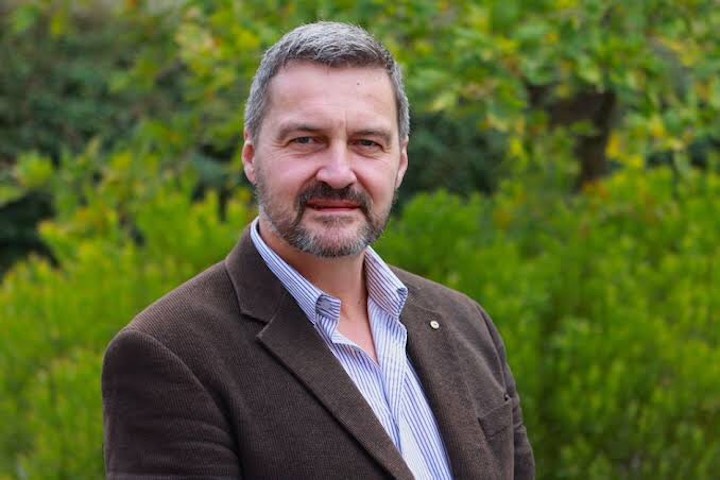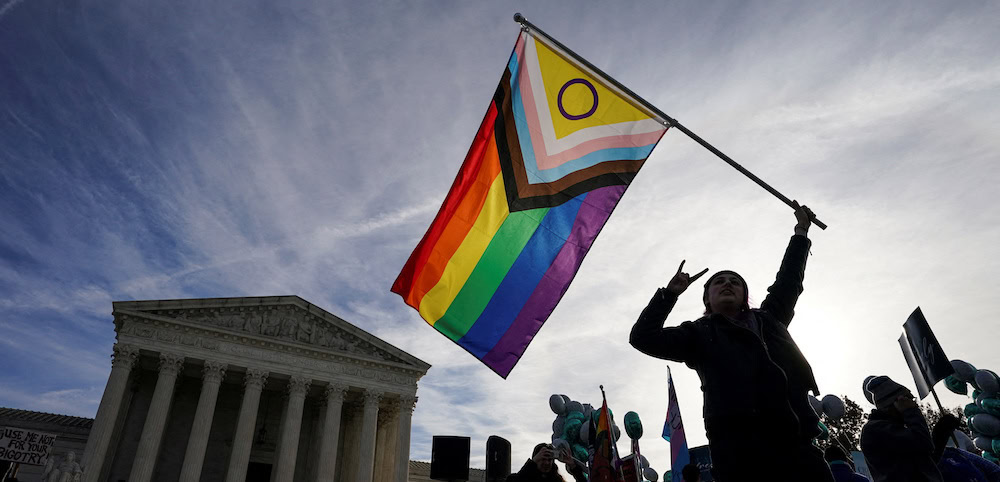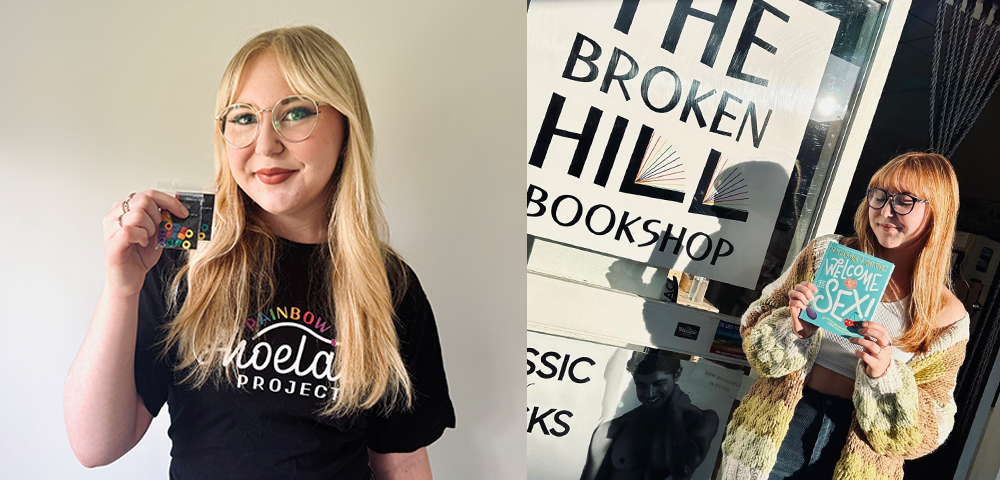
What can you do?
It is a sad reality that in 2009, 40 years since the historic Stonewall riots in New York City, homophobia remains alive and well.
On the streets, in our schools and workplaces and before the law, gays and lesbians continue to be discriminated against and treated as second class citizens. In many places around the world, gay men and lesbians face persecution for who they love.
Surely this should not be a reality in a country where we are all entitled to equality, dignity and respect?
May 17 marks the International Day Against Homophobia. It is an opportunity for each of us to make a contribution to create a world where gay, lesbian, bisexual and transgender people are not only accepted, but celebrated.
Each of us has a sphere of influence -” in our social group, in our workplace, or with the help of technology, our Facebook profile or Twitter page.
The question I put to you is: how can you use your sphere of influence to challenge homophobia?
Perhaps you could start with posting a link to the International Day Against Homophobia website. Or what about asking your straight friends to stand up to their colleagues who make gay jokes? How about a special -˜thank you’ message to the people who have supported you in coming out?
While we have had some great advances in gay and lesbian rights in Australia over the last 12 months, the political resistance against formal relationship recognition through marriage or civil unions highlights the extent to which homophobic attitudes prevail. If we each challenge these attitudes in our spheres of influence, our decision-makers will have no choice but to listen.
The anthropologist Margaret Mead said, Never doubt that a small group of thoughtful, committed citizens can change the world. Indeed, it is the only thing that ever has.
Every action -” small or big -” makes a difference and breaks down fear and ignorance. Make sure you do your bit to mark the 2009 International Day Against Homophobia.
Emily Gray is co-convenor of the NSW Gay and Lesbian Rights Lobby.










It is certainly true that legal change will only achieve so much. As the recent experience of lesbians in South Africa has demonstrated, laws are only useful if they are enforced. Attitudes are as important as laws.
But the LGBT community needs to look more closely at itself. As a person who came out relatively late, I never anticipated the homophobic prejudice within the gay community. I never anticipated that I would stop working for one of our community organisations because of homophobic prejudice. I refuse to be treated as a lower form of life. I refuse to sit at the back of the bus – even in one of our own community organisations.
I was pleased that ACON has seen fit to publish a statement affirming the value of diversity in that organisation. Other community organisations are following that excellent lead. I am still waiting for a reply from the Lobby confirming that they will do the same.
And don’t forget to take up the IDAHO Challenge everyone! http://gays.com/idaho